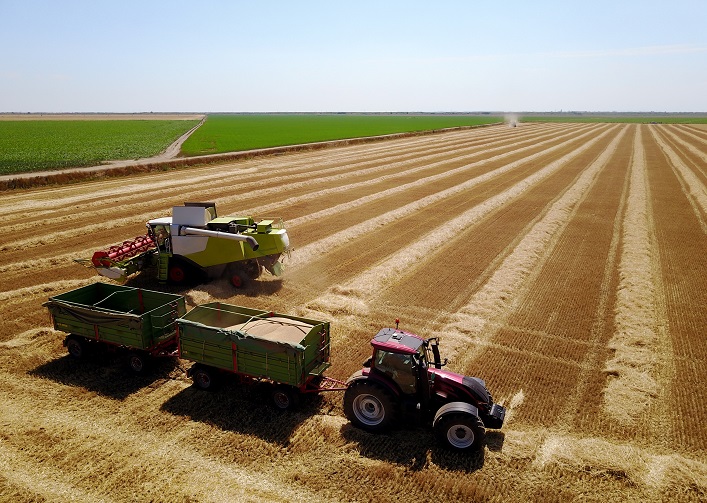In May 2024, the EU Council extended the duty-free trade regime for Ukraine until June 2025. Until then, the parties will update the Association Agreement and establish the expected terms of trade before Ukraine joins the EU.
The Center for Economic Strategy believes that despite the full-scale war, Ukraine has demonstrated progress in adapting its legislation to the EU regulatory field. However, Ukraine faces systemic challenges in the agricultural sector on its way to European integration. These include insufficient coordination of agricultural policy and related regulatory spheres, a lack of internal financial resources, a need to create new specialized institutions for control and monitoring of support programs, and a need for in-depth analysis of EU regulatory acts.
To soften the complex negotiation process and find common points of interest in the agricultural sector, it is necessary to suggest to the EU partners that they consider the Ukrainian farm sector as an amplifier of the EU’s position on global markets and a valuable component for achieving the bloc’s stated goals of food security, strategic leadership, and autonomy in key sectors of the economy.
